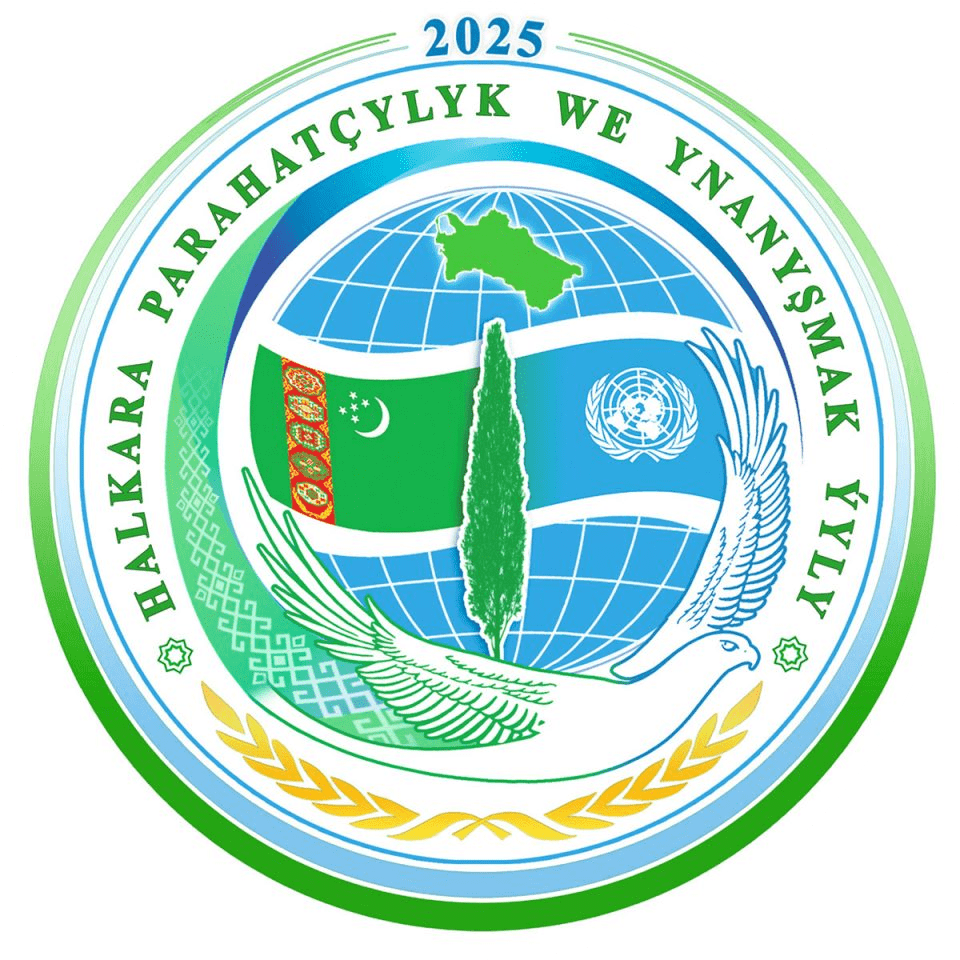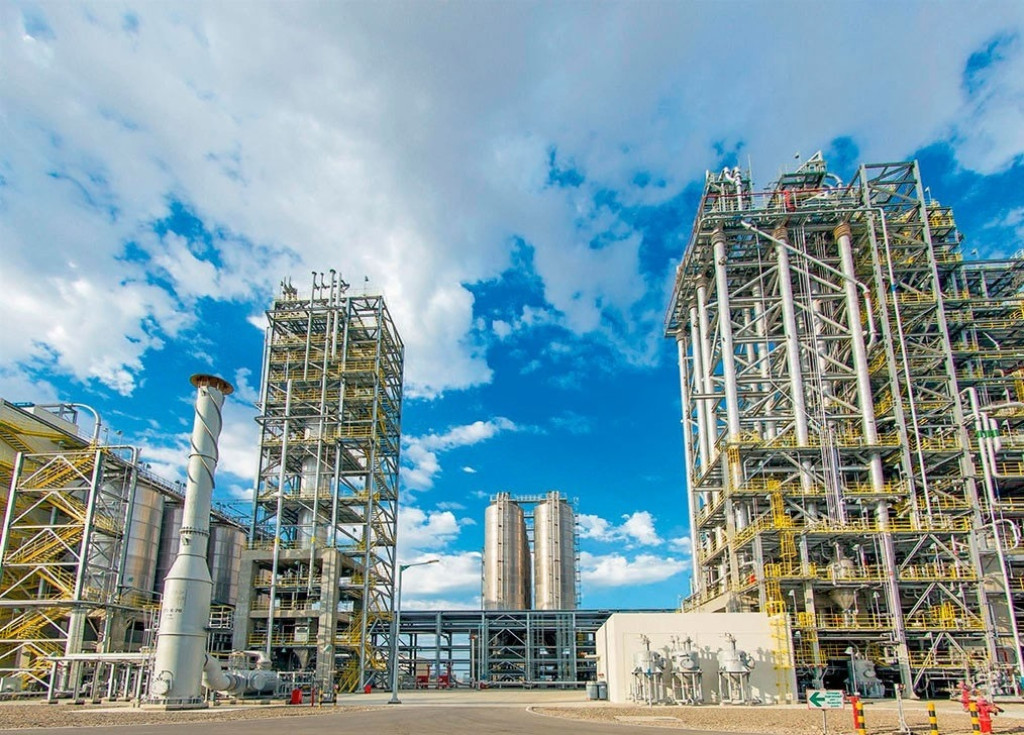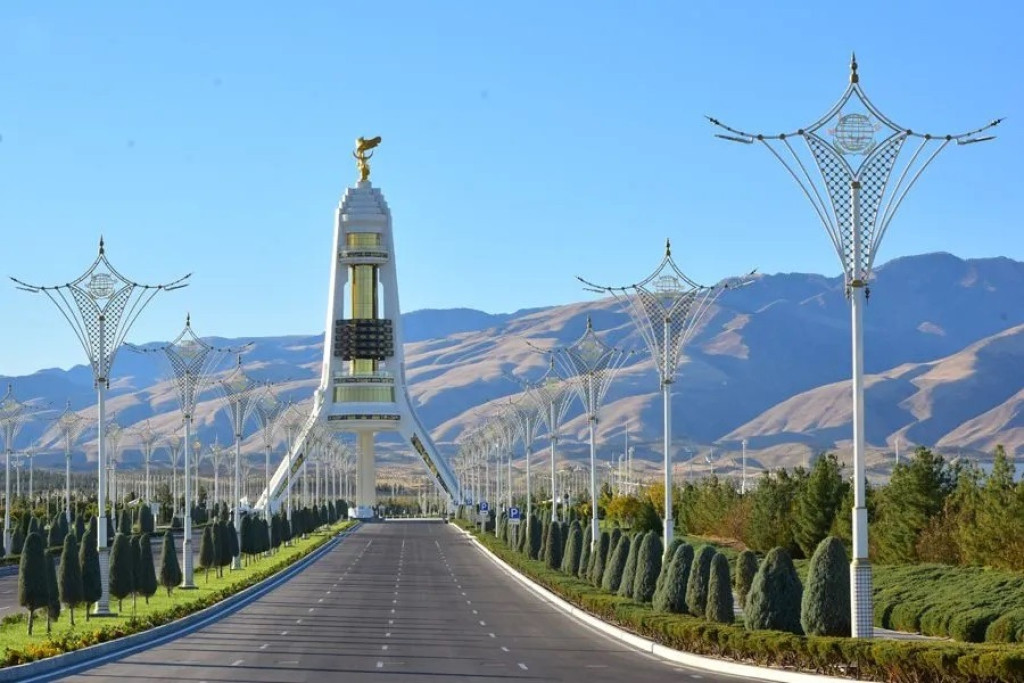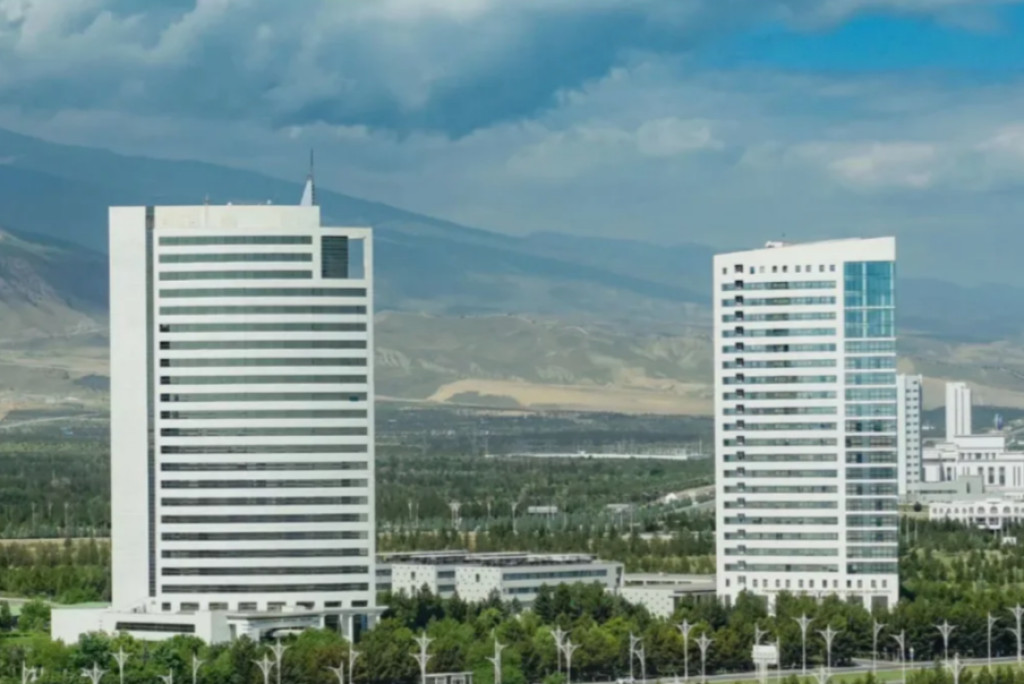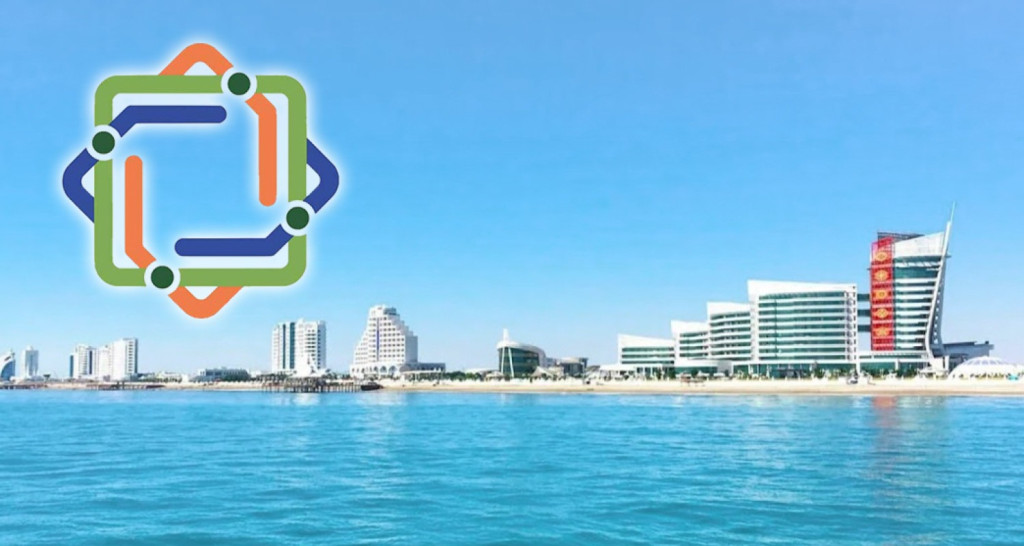
The discussions and decisions made at the Third United Nations Conference on Landlocked Developing Countries (LLDC3), held in Avaza in August of this year, have resonated globally.
One of the main topics was the promotion of reforms in landlocked developing countries through technology and innovation, which underscored the crucial role of technological advancement in ensuring sustainable reform. In particular, the implementation of modern technologies in transport logistics and the use of smart transport systems were noted as contributing factors to reducing trade and transport costs by simplifying and accelerating the flow of goods.
The development of e-commerce was identified as a key area for economic diversification and for overcoming the geographical constraints faced by landlocked developing nations. The sustainable growth of this system requires coordinated efforts by institutional structures, based on an efficient digital public infrastructure. These institutional structures of the e-commerce system are understood as the set of rules, regulations, tools, and mechanisms that govern and support the functioning of online trade. They ensure the reliability, security, and efficiency of electronic transactions.
Source: “Nebit-Gaz” newspaper
